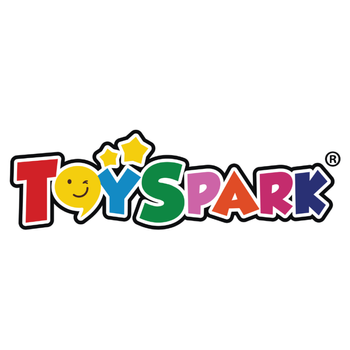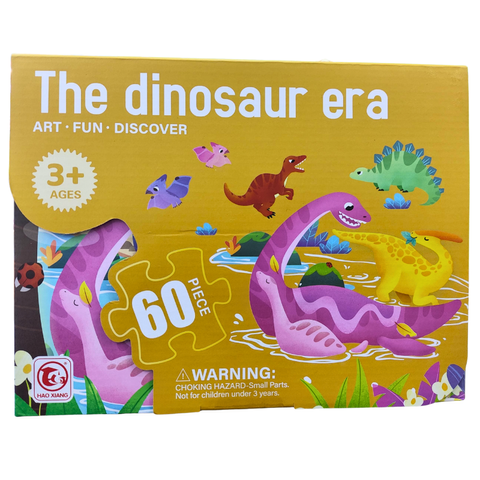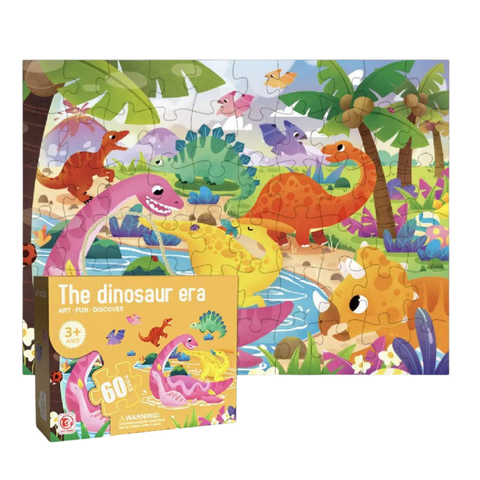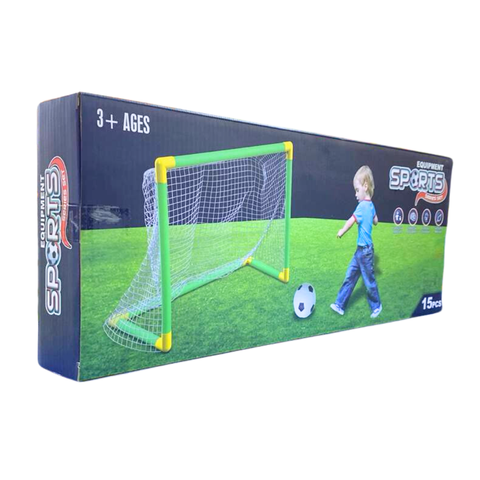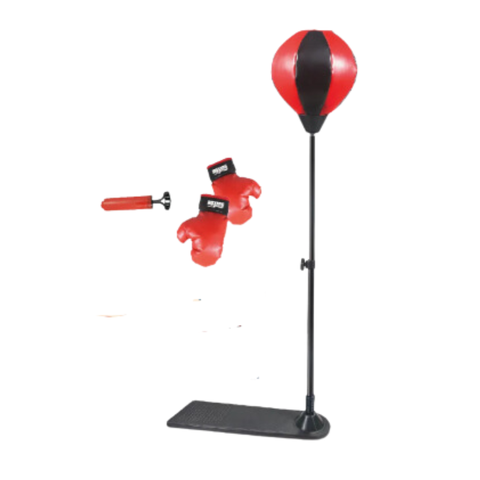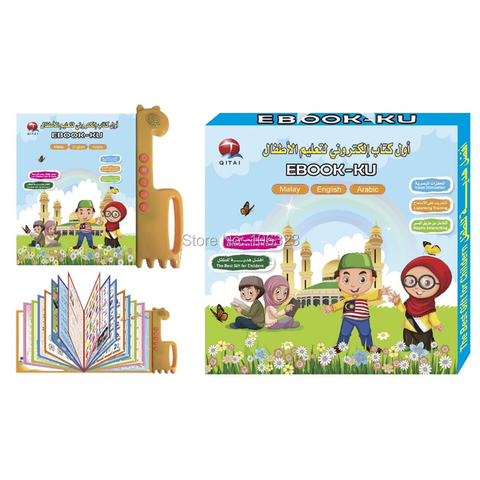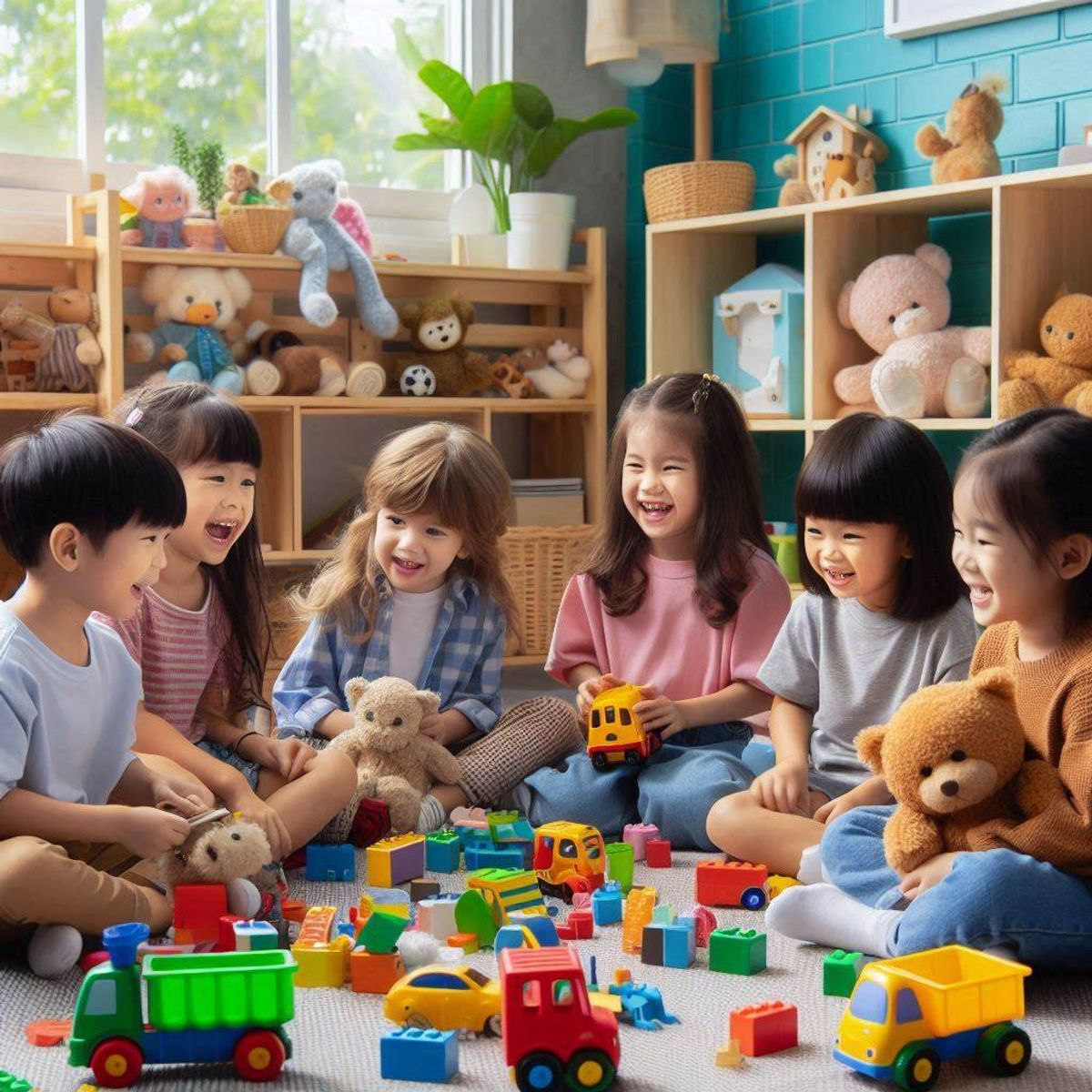
Toys are not just for entertainment—they play a crucial role in developing social skils in children. As kids interact with others through play, they learn essential skills such as cooperation, communication, and empathy. In this article, we’ll explore various types of toys and activities that help foster these important social abilities, and offer tips for parents on how to use them effectively.

1. Board Games: Learning to Share and Take Turns
Board games are a fantastic way for children to practice social skils. Games like Candy Land, Chutes and Ladders, or Connect 4 require players to take turns, follow rules, and handle both winning and losing gracefully. These experiences teach kids patience, fair play, and how to manage emotions in a social setting.
Tip: Choose games with simple rules and short play times for younger children. For older kids, introduce more complex games that involve strategy and negociation.
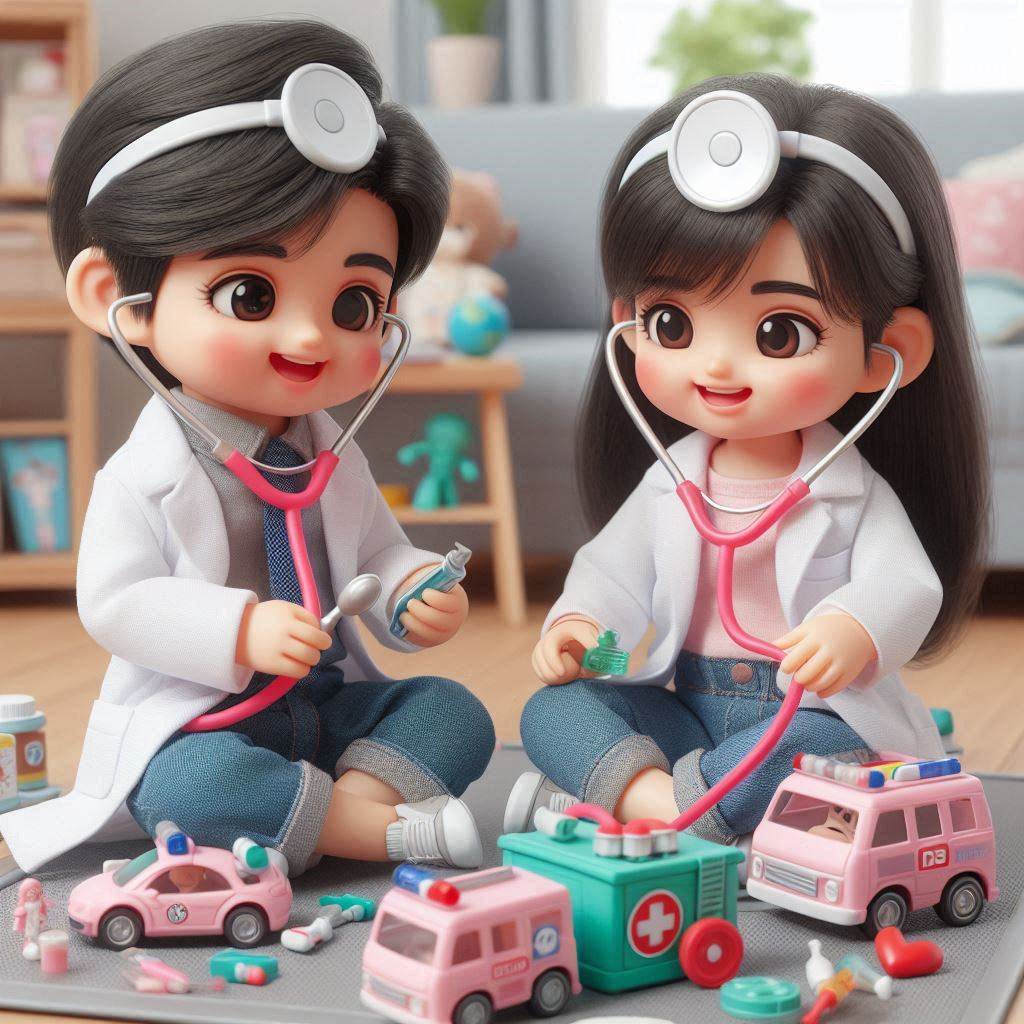
2. Role-Playing Toys: Encouraging Empathy and Communication
Role-playing toys, such as kitchen sets, doctor kits, or dress-up costumes, allow children to act out different scenarios and take on various roles. This kind of play helps them understand different perspectives and develop empathy. For example, playing “house” or “doctor” can teach kids about care and responsibility.
Tip: Encourage your child to play with friends or family members using these toys. Join in to model positive interactions and help them navigate social situations.

3. Collaborative Games: Building Teamwork Skils
Toys and games that require teamwork are excellent for developing cooperation skils. Options like LEGO sets that can be built together, or puzzle games that need multiple hands, teach children the value of working as a team to achieve a common goal.
Tip: Praise and acknowledge teamwork during play to reinforce the importance of collaboration. Avoid focusing solely on winning or losing.

4. Interactive Toys: Enhancing Communication Skils
Interactive toys such as talking dolls, educational tablets, or robotic pets often include features that encourage verbal communication and interaction. These toys can be particularly beneficial for children who are learning to express themselves and engage in conversation.
Tip: Use interactive toys as opportunities to practice and model effective communication skils. Engage in conversations with your child about the toy’s features and what they are doing.

5. Group Activities and Sports: Learning Social Dynmics
Sports and group activities, such as soccer, dance classes, or group crafts, provide children with opportunities to interact with peers in a structured environment. These activities help kids learn to cooperate, follow instructions, and manage group dynamics.
Tip: Look for local community programs or clubs that offer group activities. Participation in these can help children develop a sense of belonging and improve their social skils.

6. Building and Construction Toys: Encouraging Shared Creativity
Toys that involve building and construction, such as magnetic tiles, wooden blocks, or model kits, often require collaboration and shared problem-solving. Working together to build a structure or complete a project teaches kids to negotiate, share ideas, and appreciate each other’s contributions.
Tip: Provide open-ended building materials and encourage kids to work together to create something new. Celebrate their joint efforts and discuss the process.
By integrating toys and activities that emphasize social skils into your child’s playtime, you help them develop essential abilities that will benefit them throughout their lives. From learning to take turns with board games to working together on a construction project, these interactions foster cooperation, communication, and empathy. Parents can further support their children by actively participating in play, modeling positive behavior, and providing opportunities for social interaction.
By choosing the right toys and activities, you’re not just giving your child something to play with—you’re helping them build the social foundation they need to thrive.
Related products
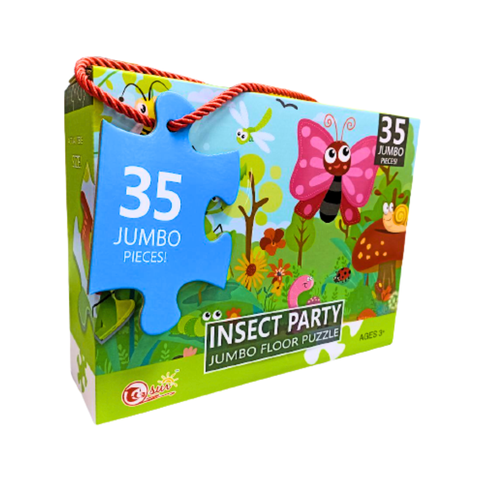
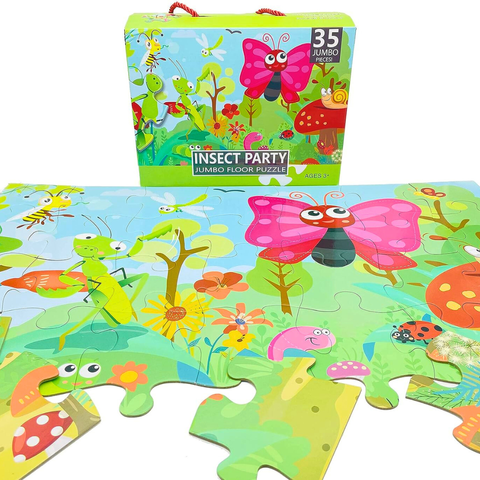
Insect Party Jumbo Floor Puzzle 35 Pcs
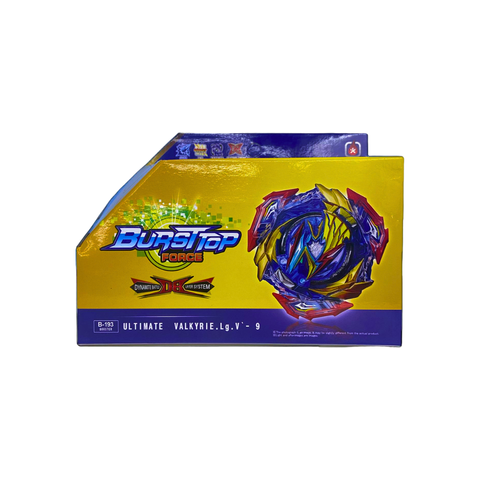
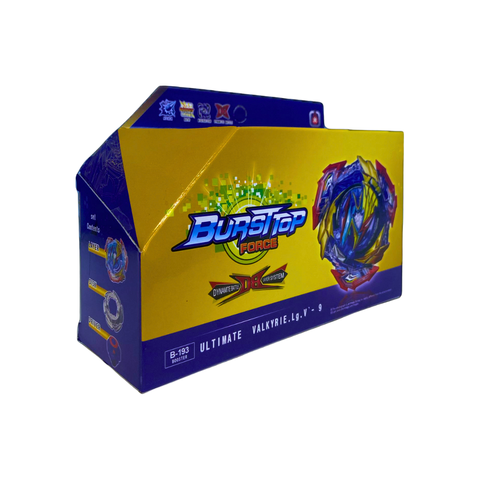
Beyblade Ultimate Valkyrie
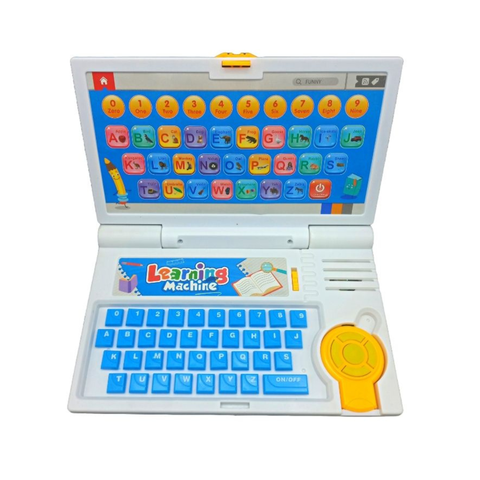
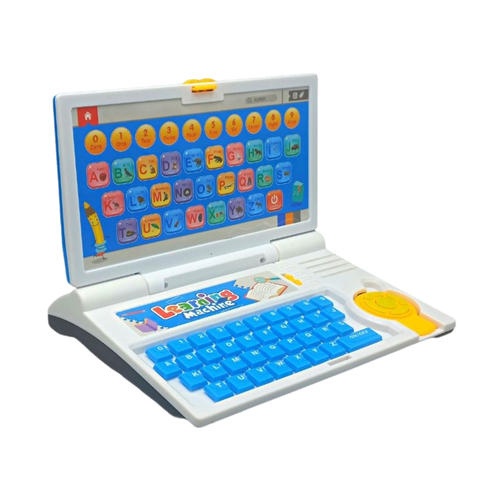
English Learning Machine Educational Toys
